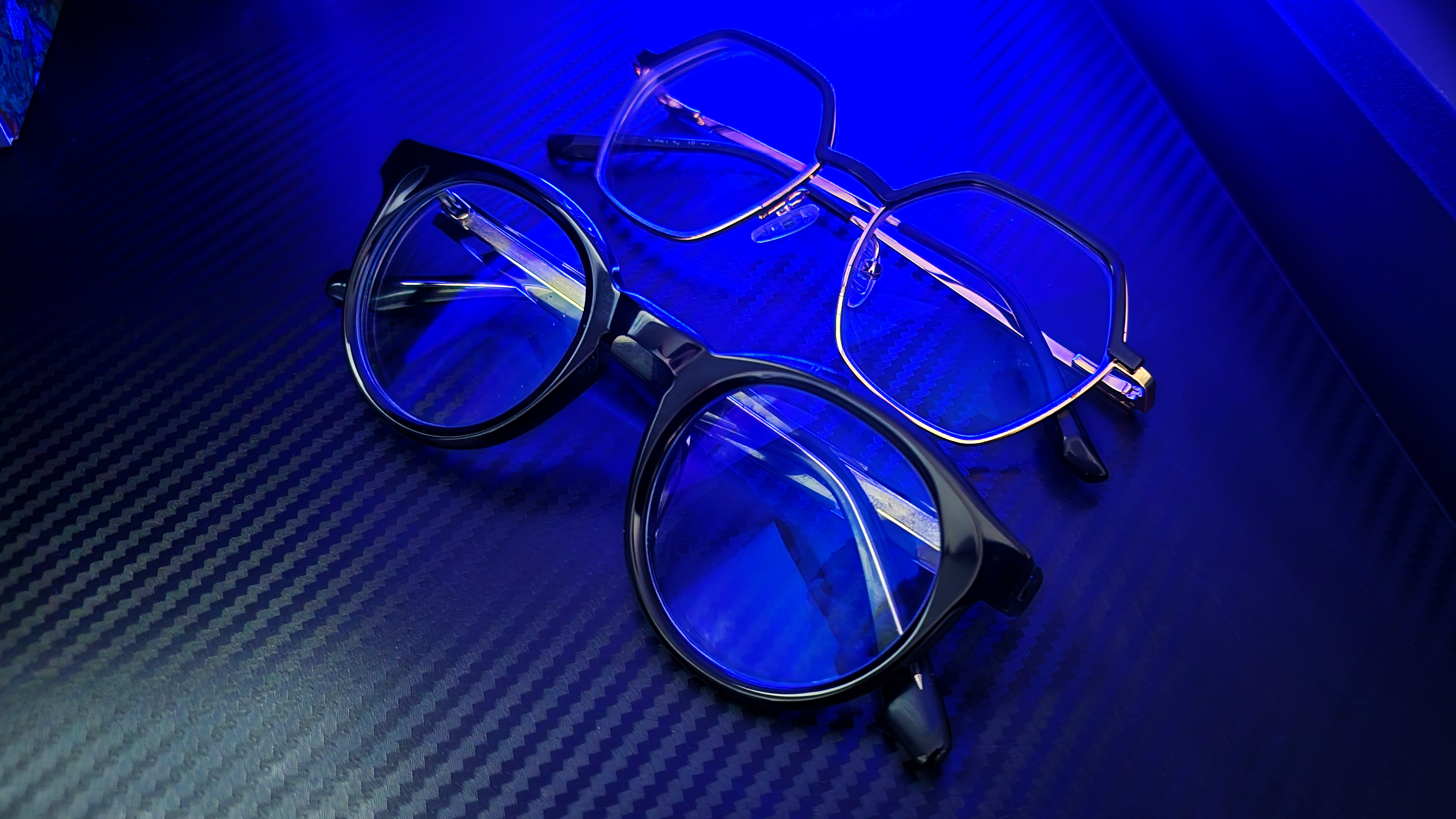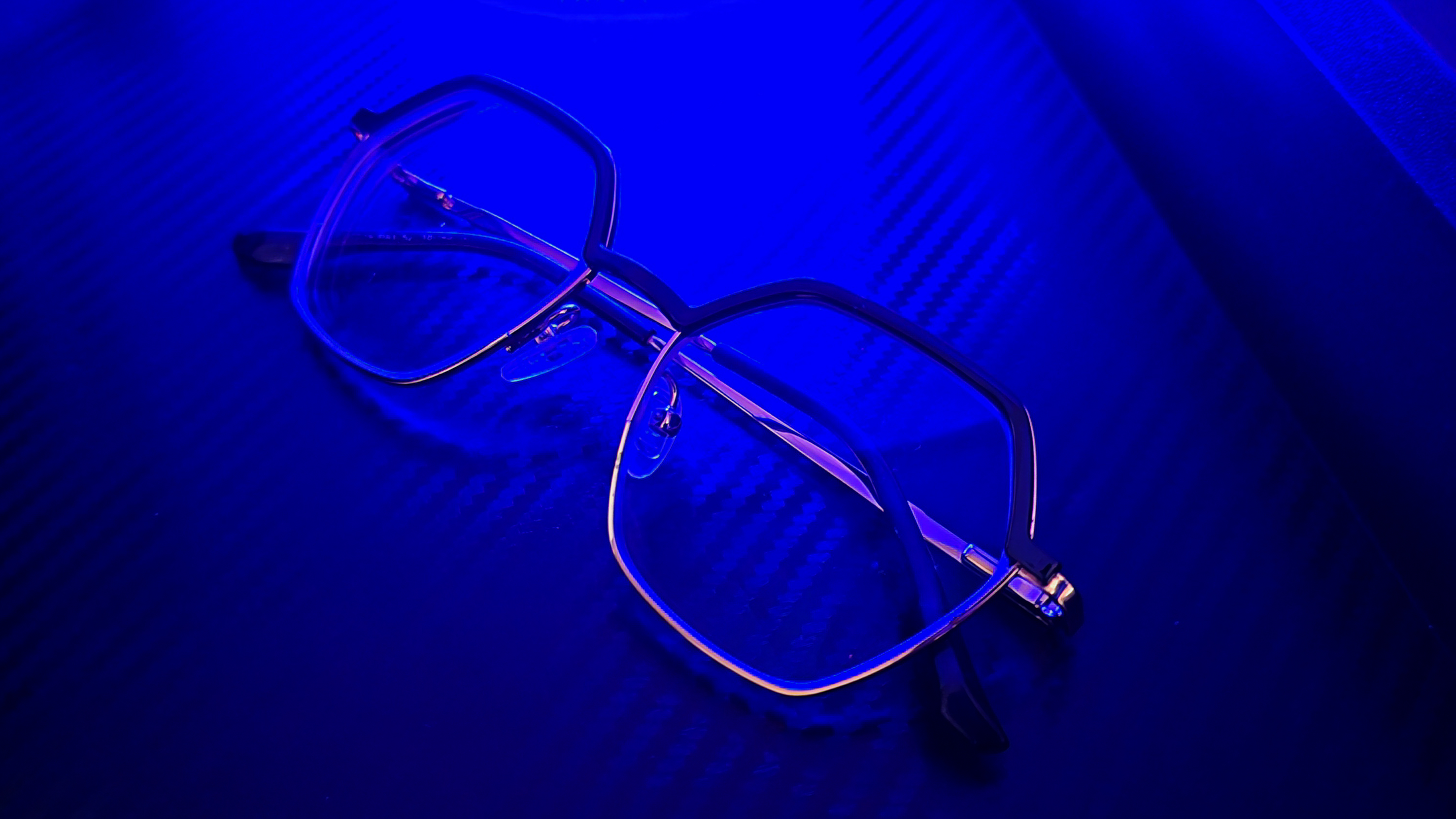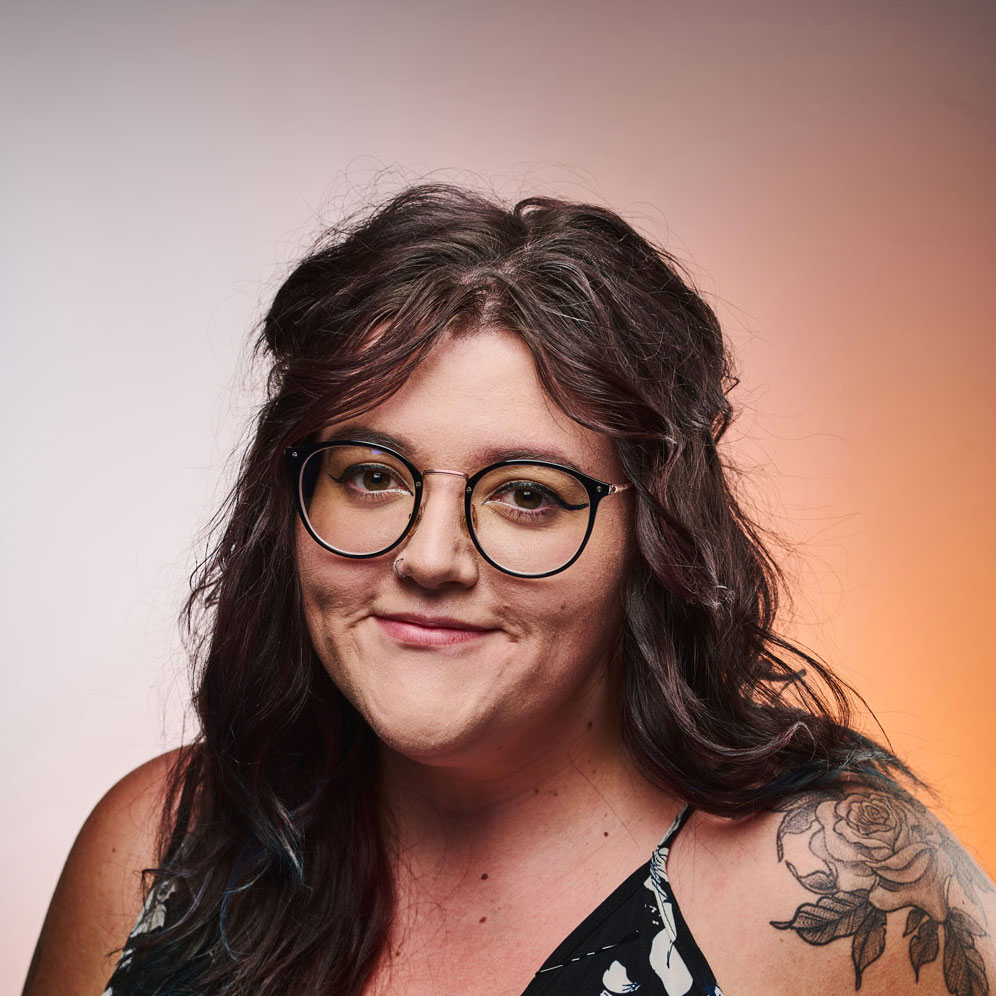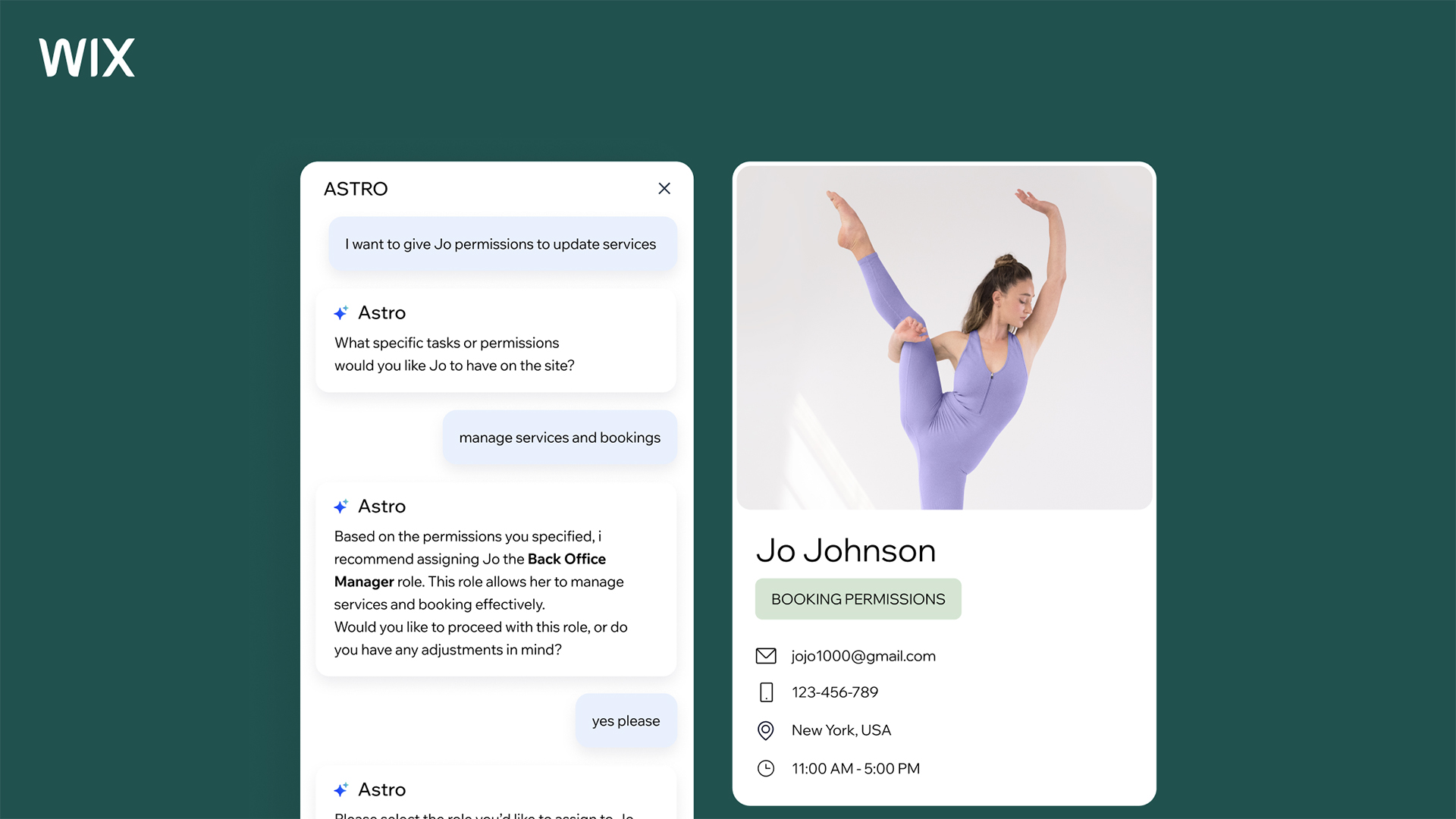Do blue-light blocking glasses actually work?
I've been wearing them for three years and I honestly can't tell.

If you spend a lot of time staring at screens as part of your day job, are an avid gamer, or tend to watch movies to unwind in the evenings, then chances are you've been exposed to a fair amount of blue light. Even with one of the best monitors for graphic design with blue-light blocking filters set, this high-energy visible light can still potentially cause eye fatigue, impact your sleep, enhance digital eye strain, and in severe cases lead to vision problems.
I've been using prescription blue-light-blocking glasses for over three years now, and I have to be honest, I really can't tell if they work or not. My job as an e-commerce writer for Creative Bloq means that I spend eight hours a day, five days a week staring at my laptop screen, and then once the working day is over you'll probably find me editing photos or gaming on my PlayStation 5 console.
Glasses with blue-light filters are meant to relieve eye fatigue, but I'm constantly tired with sore eyes, regardless of which screens I'm staring at, and my prescription has been getting progressively worse each year (I now have to squint to see the train times on the board each morning). I've been making the most of Focus Mode lately to help combat this, but maybe it's just too much screen time.
What is blue light?
What is blue light?
Blue light is a high-energy visible (HEV) light that is emitted by our screens on electronic devices, and our eyes unfortunately cannot filter this out, eventually reaching our retinas. There has been some debate about whether or not this light is actually harmful to us, with no scientific evidence to back this claim up.
But either way, surely it can't be good to have this much screen exposure. Blue light is said to have the highest energy of any wavelength on the visible light spectrum, so we should be at least cautious. Right?
The irony is that blue light also comes from the sun, so whether you're indoors working under fluorescent lights or out on a walk, you'll still be exposed to blue light. The digital age means that we spend more time with, and in closer proximity to, our electronic devices emitting this light. According to eyesafe.com, it's more about the impact of using screens every single day (or in my case for 85% of the day) that can cause any real problems or serious issues.

How do blue light-blocking glasses work?
How do blue light-blocking glasses work?
Many people choose to opt for blue-light-blocking glasses if they suffer from headaches or light sensitivity, and they are made with special lenses and coatings designed to filter out blue light and in some cases UV light too.
Get the Creative Bloq Newsletter
Daily design news, reviews, how-tos and more, as picked by the editors.
I decided to try out blue-light-blocking filters when ordering my prescription glasses online via Firmoo, and saw the option of adding UV protection coatings to my lenses with a slightly yellow basis and blue-purple tint. These blue-light blocking lenses claimed to block 400nm to 455nm of harmful blue light, but not all lens brands can or will remove as much light, usually only about 10-15%.
As I mentioned, I can't tell if my blue-light-blocking glasses have made any real difference to my eyesight or eye health. My prescription tends to get slightly worse each year anyway, and I experience the same amount of headaches from screen use while wearing my contact lenses too (which don't have any blue light filters).

Should you get blue light blocking glasses?
Should you get a pair?
While research around blue light so far has been pretty inconclusive, some theories suggest that extensive screen usage leads to a decrease in blinking, which in turn causes eye strain (and not the blue light itself). Still, it might be worth a try to see if blue light-blocking lenses can benefit you.
If you wear prescription glasses then speak to your optician about different blue-light coatings available, although they'll probably tell you that the best way to avoid eye strain or dry eyes is to take regular screen breaks. There are also options online for ordering blue light-blocking glasses through Glasses Direct that include gaming glasses with blue-violet lenses.
If you don't wear prescription glasses in general but want to try out blue-light-blocking glasses, then lucky for you, as frames are significantly cheaper without a prescription, like this pair on Amazon for just $15 (for two!). We have some deals below on non-prescription glasses to help you get started.
This article is not meant to replace medical advice, and is based on our own research and personal experience. If you have concerns around your eyesight or headaches, please see a medical professional.

Beth is Creative Bloq’s Ecommerce Writer and has the fun job of finding you the very best prices and deals on creative tech. Beth kicked off her journalistic career writing for Digital Camera World, and has since earned bylines on TechRadar too. With a Masters degree in Photography, Beth loves getting to tinker with new cameras, especially camera phones, as the resident Samsung fan on the team. Her background working as a tester for CeX let her play around with all kinds of weird and wonderful products, including robots, and she’s recently gotten into 3D printing too. Outside of CB, you’ll find her gaming on her PS5, photographing local shows under the alias Bethshootsbands, and making TikToks of her dog, Tilly.
